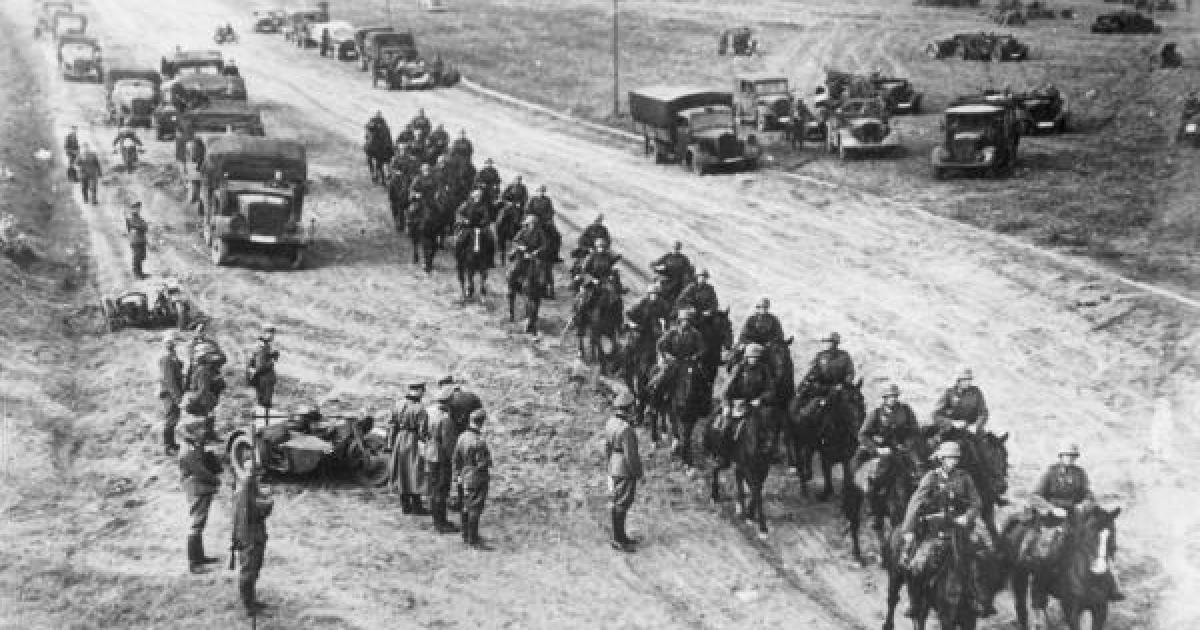An expert on political theory, political economy and the politics of technology, Mitchell asserts that “it was coal that helped create the possibility of modern democracy, and it was oil that helped create its limits.”
He argues that dependence on coal—a single, concentrated energy source—enabled people to build collective political power around the flow of that material. Workers wielded power because they could, through a general strike, shut down the entire system if their demands were not met. The sheer number of workers needed in the coal industry, and their access to critically important mines, rail yards and processing plants, gave them political power.
By contrast, oil workers are comparatively few, and they do not have to go into the ground themselves to bring up the oil. It goes right into a pipeline, onto a tanker and around the globe.
“Oil is not vulnerable to the same kinds of political pressures,” says Mitchell, who joined Columbia in 2008 after teaching for 25 years at New York University, where he served as director of the Center for Near Eastern Studies. “The fluidity—literally—of oil makes it much more difficult for people to build power.”

www.foreignaffairs.com

